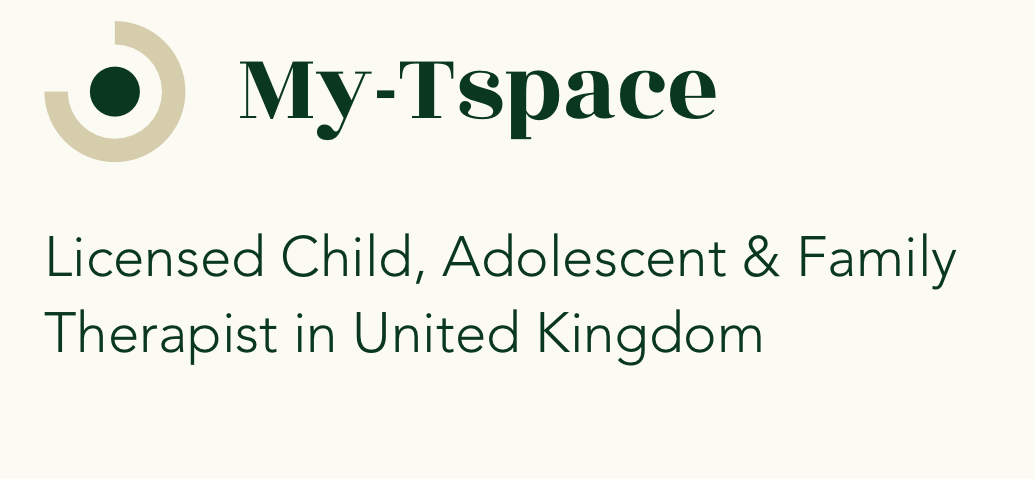Uncovering the Mystery: How Journaling Unlocks Mental Clarity
- Therapist

- Jan 14, 2025
- 4 min read
In a world that often feels loud and chaotic, mental clarity seems like a lofty goal. Thoughts race, distractions abound, and finding a moment of peace can be tough. Enter journaling—a simple yet powerful tool that many have embraced to tap into their inner thoughts and achieve balance. In this post, we will explore how journaling can unlock your mind, providing a path to greater clarity and understanding.
The Concept of Journaling
Journaling is about capturing thoughts, feelings, and experiences in writing. It can take many forms—free writing, gratitude lists, or reflective entries. No matter the style, the core purpose remains the same: to connect with one's inner world.
The beauty of journaling lies in its ability to act as a mirror for our internal experiences. Writing down thoughts creates a space where individuals can step back, evaluate their feelings, and gain new insights. This practice helps to clarify complex emotions, making it easier to understand them.
Benefits of Journaling for Mental Clarity
1. Organizing Thoughts
One of the most impactful benefits of journaling is its capacity to organize our thoughts. When ideas swirl chaotically, it can feel overwhelming. Writing them down helps to declutter the mind and brings order to the chaos.
When individuals take the time to jot down their thoughts, they often find it easier to identify patterns. For example, a study by the University of Cambridge showed that people who journaled regularly could reduce anxiety levels by up to 40% due to clearer thought processes. This clarity allows for better task prioritization and stress management.
2. Enhancing Self-Awareness
Self-awareness is essential for mental clarity. Journaling provides an opportunity for deeper reflection. By writing regularly about their thoughts and feelings, individuals can uncover motivations, fears, and aspirations they may not have considered.
For instance, someone might write about a challenging situation at work and realize that their stress stems from a fear of failure. With this understanding, they can address the root cause directly, facilitating personal growth and better decision-making.
3. Reducing Stress and Anxiety
Journaling serves as an effective tool for relieving stress. Putting feelings and experiences on paper allows individuals to release emotions they might otherwise bottle up. This simple act provides a sense of control and can lead to emotional relief.
Many individuals report feeling significantly lighter after writing. For example, a report from Psychosomatic Medicine found that participants who engaged in expressive writing showed a 90% decrease in symptoms of stress and anxiety. This cathartic process can ground us amid chaos.
4. Promoting Mindfulness
Mindfulness involves being fully present, and journaling encourages this practice. Engaging in reflective writing helps individuals connect to their current emotions and situations, fostering a richer understanding of the present.
When writers pause to document their thoughts, they invite a moment of reflection that can greatly enhance their mental well-being. This simple act of engaging with one's journal promotes mindfulness, often leading to a more positive outlook on life.
5. Fostering Personal Goal Setting
Journaling is also a valuable tool for setting and tracking personal goals. Writing down intentions serves as a powerful reminder of what one is striving to achieve. It inspires commitment and allows individuals to monitor progress effectively.
Consider that 76% of people who write down their goals are more likely to accomplish them, according to a study by Dr. Gail Matthews. By revisiting their goals in a journal, individuals can adapt their plans and stay aligned with their values, enhancing motivation and success.

Different Journaling Techniques to Try
To harness the power of journaling, individuals can experiment with various techniques to find what suits them best.
Freewriting
Freewriting is about writing continuously without worrying about grammar or structure. This technique allows thoughts to flow freely onto the page, providing an honest look at what’s on one’s mind.
Gratitude Journaling
Gratitude journaling involves writing down things for which one is thankful. This practice can shift focus from negative emotions to positivity, fostering appreciation for life's little moments. Research shows that regularly practicing gratitude can increase happiness levels by as much as 25%.
Reflective Journaling
Reflective journaling encourages individuals to contemplate specific experiences or feelings. This practice allows for deeper exploration, helping one gain insights into personal situations.
Bullet Journaling
Bullet journaling blends organization with creativity. By using symbols and lists, individuals can track tasks and goals creatively while expressing themselves.
Overcoming Common Barriers to Journaling
While journaling is beneficial, many encounter obstacles that make starting or maintaining the practice challenging. Here are common barriers and how to overcome them.
Writer's Block
Feeling pressure to write well can lead to writer's block. It's crucial to remember that journaling isn't about perfection; it's about expression. Allow yourself to write freely—even if it feels scattered. The act of writing consistently is more vital than the quality.
Time Constraints
Finding time to journal can be tough. Even a few minutes daily can make a difference. Try incorporating journaling into morning routines or evening wind-downs to make it a part of your day.
Fear of Judgment
Concerns about judgment can hinder some from journaling. It’s essential to remember that journals are private spaces meant for personal reflection. What you write is valuable because it’s your story and perspective.
Unlocking Your Path to Clarity
In a world filled with distractions, journaling stands out as a powerful tool for achieving mental clarity. It allows individuals to organize thoughts, enhance self-awareness, reduce stress, promote mindfulness, and set meaningful goals. Journaling provides a structured way to understand oneself better, leading to greater peace of mind.
As you embark on your journaling journey, remember there is no fixed way to do it. Discover the techniques that resonate with you, embrace the process, and witness your mental clarity flourish. With commitment and practice, you can uncover the mystery within yourself, paving the way to a calmer and more focused mind.




Comments